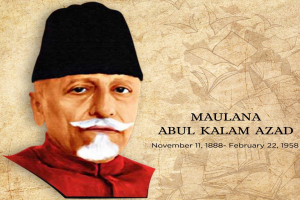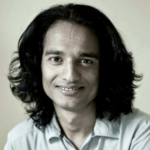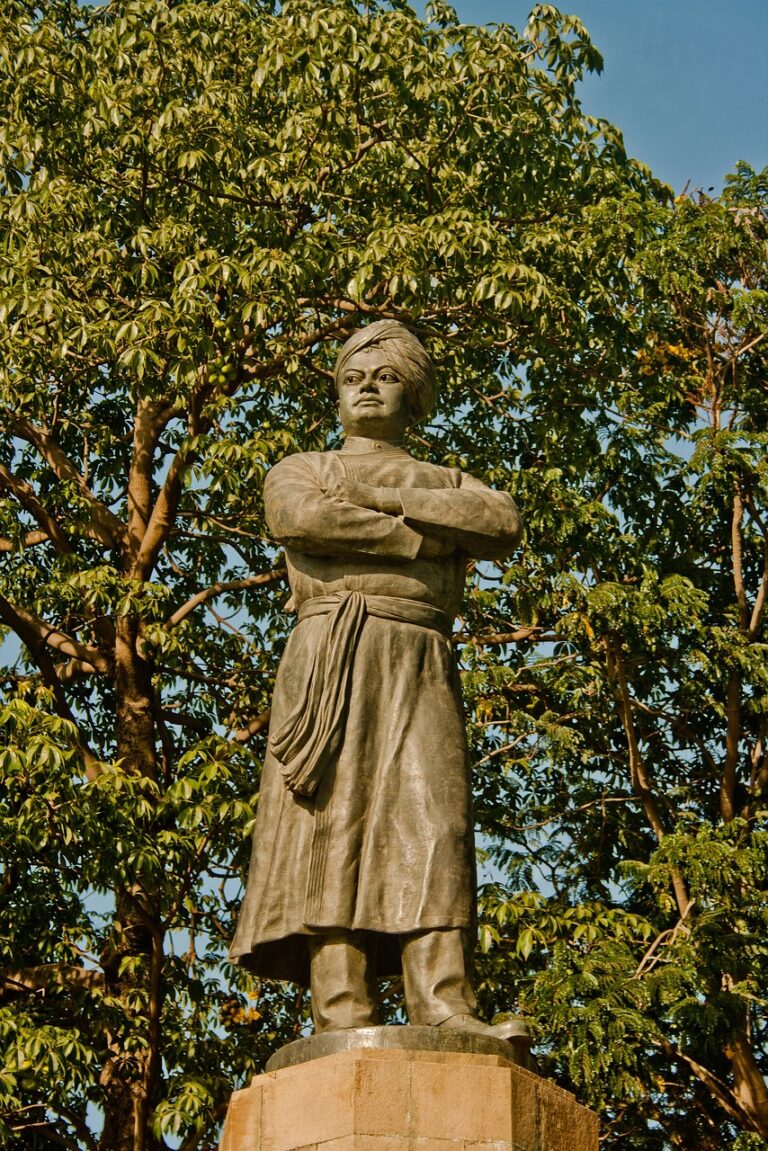
Maulana Abul Kalam Azad. Photo courtesy sarbanandsonwal|twitter
National Education Day: 11 November
Today is the 135th birth anniversary of Maulana Abul Kalam Azad whose birthday is celebrated as National Education Day. He was born on November 11, 1888, in Mecca since his father, Maulana Khairuddin left for Mecca after the failure of the sepoy mutiny of 1857. As such the man who came to be known as Azad was actually born among the Jehadis. Today he is relevant for the celebrated communal harmony appeal and his contribution as the youngest Congress president in a special session of 1923. The unique approach to that appeal and the top hundred signatories to it are something that India needs to share and celebrate.
Azad was known as Mohiuddin Ahmed in Mecca and two years after his birth his parents shifted to Calcutta (today’s Kolkata) in 1890. Here Azad was referred to as Feroz Bakht. Azad was his pen name since his early teenage that earned him the dignity of Abul Kalam and Maulana. He was the top icon of oral tradition and self-learning, however, better known to be Union Education Minister during the first decade since the Indian independence.
A former director of the National Council of Educational Research and Training, JS Rajput, has referred to the absence of schooling and his mastery of the art of learning and teaching since the age of sixteen. He is known to support Aurobindo Ghosh and Bipin Chandra Pal for three years in the movement against the partition of Bengal before his voyage to the Middle East and Turkey in 1908.
Azad was Congress president during the quit India movement and was imprisoned in 1942 like most other congressmen. He started teaching during imprisonment in Ahmadnagar fort. It was the oral tradition of teaching and learning. Mahatama Gandhi was a proponent of basic education (nai talim) that his supporters like Marjorie Sykes and Sarla Ben (Catherine Marry Hellman) tried hard to define in theory and practice.
On this day it is appropriate to share his life and works as teachings.
After returning from the voyage he started the publication of an Urdu newspaper, Al Hilal, and raised his voice for the Khilafat movement with the Ali brothers and Gandhi. Al Hilal brought the Afghan leader Khan Abdul Gaffar Khan into the freedom struggle and a jail term for Azad. After his release from imprisonment, he again started publication of yet another Urdu newspaper, Al Balal this time. Sir Sayyad Ahmad Khan, the founder of Aligarh Muslim University, advised the Muslims to stay away from the politics of the Congress Party that Azad denounced. In order to bring them into nation-building and freedom struggle he started Jamia Millia with certain other Muslim leaders of that period. The reform of Islam is something that reflects his endeavours. His works on Islamic religious texts still need greater public attention. Long before the fatwa against Salman Rushdie and Taslima Nasrin, he was subjected to that for his commentary on the Quran Sharif.
Azad and Khan Abdul Gaffar Khan were not in favour of the two nations theory that started with Sir Sayyad Ahmad Khan and progressed with Jinnah in 1947. He preferred to stay away from voting on the partition in the Congress working committee meeting. His views on partition and its repercussions are still valuable.
This anniversary is as special as the special session of the Congress in 1923. Before the 35th birthday, Maulana Azad presided over the five odd days of that session in September. British government deployed the means of division among the Hindus and Muslims after the sepoy mutiny to continue their rule in India. Arya Samaj and its purification process (the Shuddhi movement) was at its peak and the tension between Hindus and Muslims was on the increase. The top public figures signed an appeal for communal harmony that Azad read out in his presidential address. Today we need to read it here and now in order to pay him homage: “In view of the recent deplorable disturbances we, the undersigned Mussalmans, Hindus and Sikhs, hereby declare, that if any individual or group of individuals, belonging to any community commits any act of violence against or attacks the person, property or honour of women or places of worship of his neighbours of fellow townsmen or helps those who indulge in such misdeeds, is, from the religious point of view, guilty of a great sin and that it is the duty of the coreligionists of such offenders to stand up to resist theses miscreants and to protect those who are so attacked. We further appeal to the followers of every religion that they should act, each towards the order, with mutual toleration and regard for religious ideas of their neighbours and townsmen.”
Lala Lajpat Rai, Chitranjan Das, Moti Lal Nehru and Kasturba Gandhi were other signatories to that appeal. The Hindu-Muslim question in India is one of the most serious issues in the 21st century. If we remember Azad’s wisdom it can be helpful to address the impending crisis.
*Kaushal Kishore is the author of The Holy Ganga (Rupa, 2008) and Managing Editor of Panchayat Sandesh, a monthly organ of All India Panchayat Parishad. The views expressed as personal.





